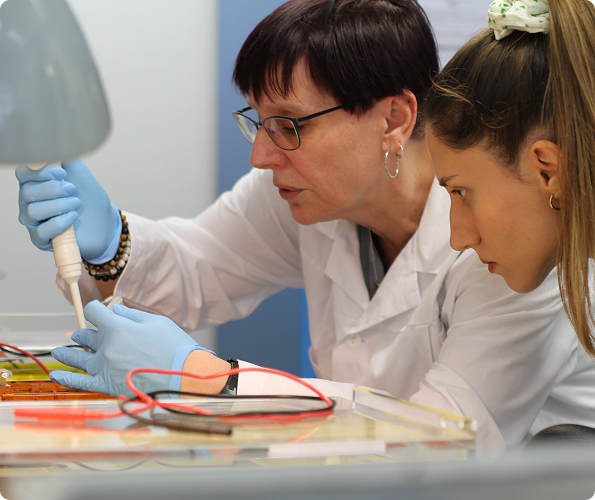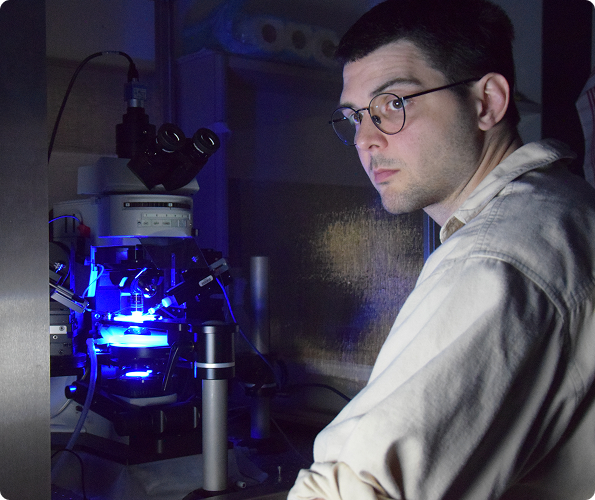Our goal is to develop an interdisciplinary research program that examines stress vulnerability factors from new angles. Specifically, we are interested in how individual differences can shape stress responses and what are the mechanisms of the programming effects of social stress. Moreover, we are studying the physiological mechanisms of social buffering as a potential powerful alleviation of detrimental stress effects. Finally, we want to investigate organ-to-organ communication (brain-heart in particular) and its role in determining cumulative effects of psychological (social) and environmental stress.

Social stress is a highly prevalent traumatic experience, present in multiple contexts, such as war, bullying and interpersonal violence, and it has been linked with increased risk for major depression and anxiety disorders. A stressful or fearful experience activates body and brain circuits to respond to the challenge and then, with time, this response ceases and decreases.


Affiliative and prosocial interactions are critical for the well-being of most social species, and they are processed in the brain in a unique way, integrating multiplexed information from all sensory modalities. Among positive social interactions, touch is recognized as a major contributing factor to forming and maintaining attachment bonds across species.

Funding